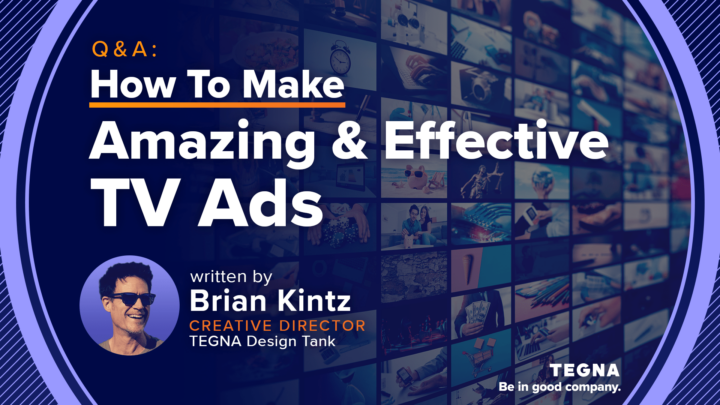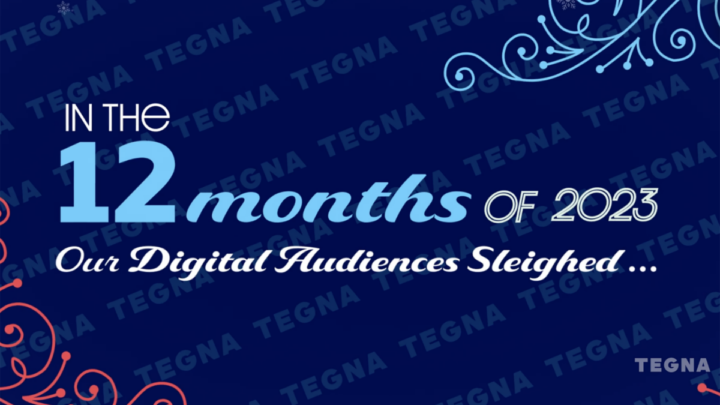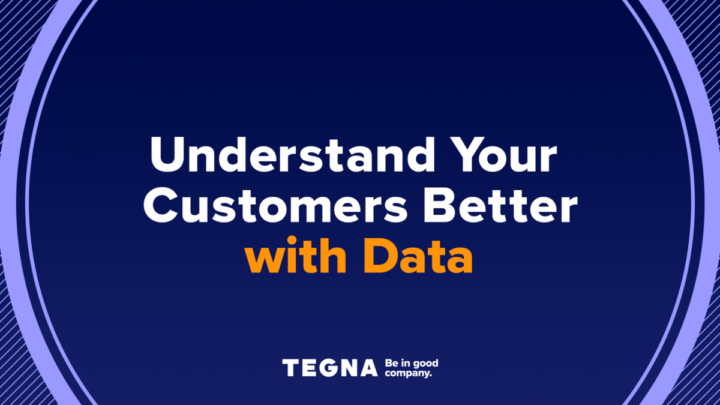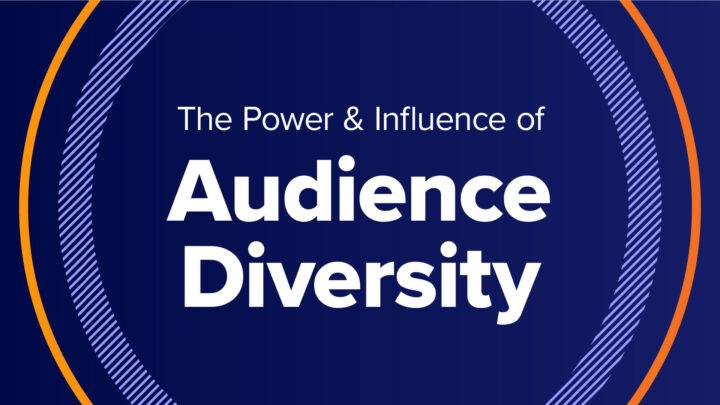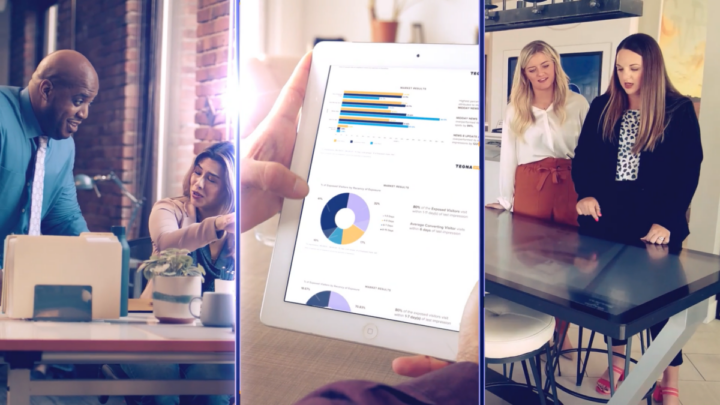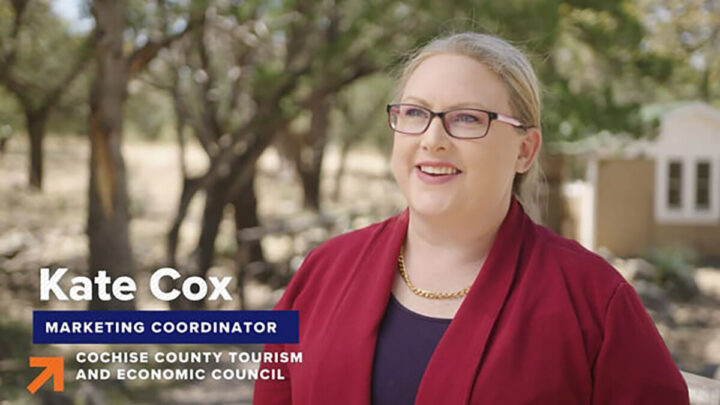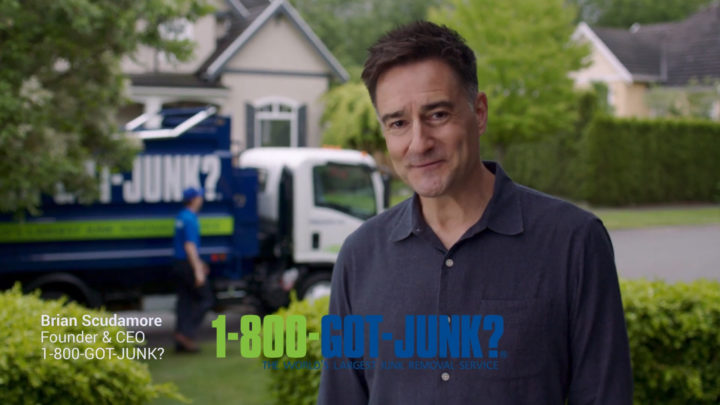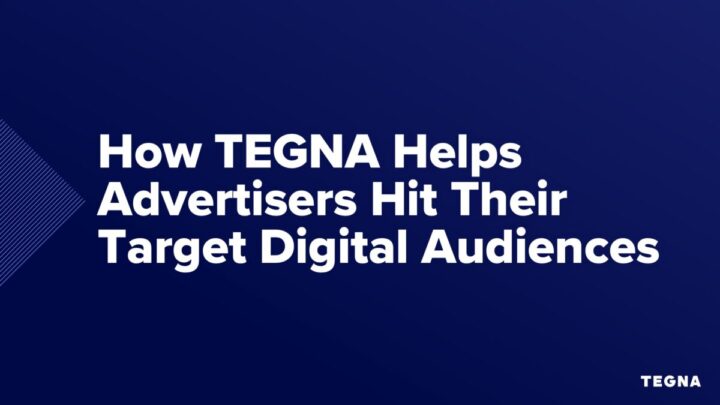2024 Automotive Industry Trends
The roadblocks auto dealers faced in 2021 and 2022 – supply chain and semiconductor production disruptions, labor shortages, and lower inventory volume – are now comfortably in the rearview mirror.

 There’s even more good news. S&P Global Mobility is forecasting $88.3M in auto sales in 2024, inventory has once again returned to normal, consumer spending has grown, and access to auto credit continues to improve.
There’s even more good news. S&P Global Mobility is forecasting $88.3M in auto sales in 2024, inventory has once again returned to normal, consumer spending has grown, and access to auto credit continues to improve.
But even as vehicle sales trend upward, new challenges arise that may once again put dealers and consumers in a precarious position. An uncertain economy, a digital transformation in the purchasing journey, and a slowdown in the adoption of electric vehicles could be speed bumps in 2024.
What does this mean for your automotive brand’s marketing strategy in the new year?
We sat down with TEGNA’s Senior Consumer Insights Strategist, Tom Charno, to help us sort everything out. Here’s what your automotive brand needs to know to fuel your brand’s marketing and advertising strategy in 2024.
The State of the Automotive Industry
Dealer lots are once again brimming with a robust supply of new vehicles after automotive supply chain disruptions brought on by a global pandemic upended the market, created shortages, and pushed prices to record highs.
“Throughout 2021 and 2022, new vehicle days’ supplies ranged between 30-40, where a 60-day supply is considered healthy,” says Charno. “In 2023, the shortages abated, lots were restocked, and the health of days’ supply improved.”
According to Cox Automotive, new vehicle inventories are expected to maintain that positive momentum in 2024, approaching pre-pandemic norms with nearly 3 million available units (3x the chip-shortage low!).
Effects of Consumer Buying Preferences on the Automotive Industry
How consumers buy new cars is constantly changing – and it’s critical that auto dealers adapt to these new behaviors.
What’s Driving New Car Sales?
While affordability remains a challenge, new car sales will continue to improve throughout 2024. Cox Automotive has outlined multiple factors that are helping the new car business defy gravity:
- A New-to-Used Value Shift. The premium to buy a new car vs. a used car dropped from 55% in 2019 to 15% in 2023.
- Pent-Up Demand. During the pandemic, fewer new vehicles were produced, and many consumers had no choice but to postpone their purchases.
- Wealthy Buyers. A growing segment of new vehicle purchasers hail from high-income ($250k+) households. Today, they represent 15% of vehicle sales, up from 4% in 2017.
“Despite the upward trend in new car sales, numerous factors could also impact upcoming car purchases,” explains Charno. “According to Capital One’s Car Buyer Outlook Report, car buyers and dealers ranked inflation (72%), gas prices (47%), new car prices (46%), and interest rate hikes (42%) as the top economic concerns when considering future purchases.
A Digital Transformation
“During the pandemic, consumer behavior underwent a digital transformation as more and more auto-intenders stopped going into dealerships and logged into the e-commerce experience,” says Charno. “This behavior seems to be sticking, as we are seeing more consumers shifting to a predominantly online buying experience, including watching online videos to learn more, test drives from home, online credit applications, and home delivery.”
While internet research and browsing have been part of the purchase journey for quite some time, consumers want the benefits, ease, and personalization of online car shopping mirrored during in-person visits.
“Car buyers want digital tools to make the purchasing process more transparent. They don’t want the stressful experience of the hard sell,” says Charno. “Dealers must understand the importance of this innovation to the sales process and be willing to meet the consumers where they are, especially as more than half of car buyers (54%) participate in some form of vehicle shopping online.”
Artificial Intelligence
Another facet of the digital transformation is the adoption of artificial intelligence (AI) tools. AI isn’t just a buzzword anymore. It’s becoming a key tool to meet consumers’ wants and needs.
“Dealerships looking for success in the digital realm must embrace AI and incorporate it into marketing strategies to meet consumers not just where they are but when they are,” notes Charno. “ An AI chatbot can assist consumers shopping after hours to schedule appointments and answer customer needs. AI can also be used to write creative vehicle descriptions. However, balancing AI with a human touch is crucial for the 40% who are still fearful of the technology.”
Electric Vehicles
Automakers’ $616 billion investment in EVs indicates a revolution in the industry, but dealers find that customer adoption is slow. Cox Automotive, CNBC found that although 1 million new EVs were added to the roads in 2023, they were vehicles purchased by early adopters. The supply of EVs on lots was near 100 in the last quarter of 2023, and sales have not kept the pace that was seen in 2022.
“More effort will be required in 2024 by dealers to sell the average consumer on the merits of going electric,” says Charno. “Work must also be done to address EV hesitations related to cost, availability of charging stations, and maintenance and repairs.”
What Does This Mean For Your Auto Brand’s Marketing Strategy? Video Marketing is a Win-Win!
“Ultimately for consumers, higher inventories ultimately mean higher incentives,” says Charno. “Deals and discounts will play a larger role in customer decision-making as prices slowly moderate. To inform consumers about the deals and discounts offered, television, streaming, and digital video advertising heavily influence potential car buyers.”
Data from TVB and MRI Simmons shows:
- 3 in 4 potential car buyers are motivated by TV ads to go online to learn more
- Potential car buyers are 46% more likely than the average consumer to use TV to research their next purchase
- 85% of potential car buyers watch video ads on a TV station’s app or website and over-index the average consumer by 14% as having considerable interest in video ads
“Developing strategies to meet consumer demand for online buying and at-home delivery can make a great impact. In a world full of uncertainty, there is one thing we do know: winning the digital engagement battles will be key to sustained success.”
When paired with a strong brand strategy and a solid linear broadcast strategy, digital ad formats will align best with the consumer’s mindset and get them down the purchase funnel more effectively. An integrated, cross-channel campaign like this gives manufacturers and dealerships top-of-mind awareness when consumers are in the market.
How TEGNA Can Help Your Automotive Brand
By partnering with TEGNA, your automotive brand can leverage our network of 64 stations in 51 markets to reach potential customers from coast to coast by placing brand messaging alongside local news headlines, weather and traffic reports, and behind-the-scenes local sports coverage.
Auto brands can also leverage our Over-the-Top (OTT) streaming solution, which places brand messages alongside premium long-form, on-demand, and live-streaming content on more than 125 branded networks.
This brand messaging can extend to TEGNA station’s local websites and apps. Meanwhile, our digital solutions for car dealerships include extensive targeting capabilities, including audience targeting, location (also known as geofencing), and search retargeting.
TEGNA provides actionable results so you can understand exactly how your marketing dollars are working now and in the future. TEGNA Attribution connects TV and OTT viewing habits with engagement metrics. This data can be used by clients to prove the value of TV/OTT schedules in driving business results, making optimization decisions, and maximizing the efficiency of paid media.
About TEGNA
At TEGNA, we’re committed to serving the greater good of our communities. TEGNA is a one-stop shop that helps automotive businesses thrive through an unmatched suite of services and solutions that reach consumers through linear broadcast, over-the-top streaming (OTT), and digital solutions. Click here to learn more.


